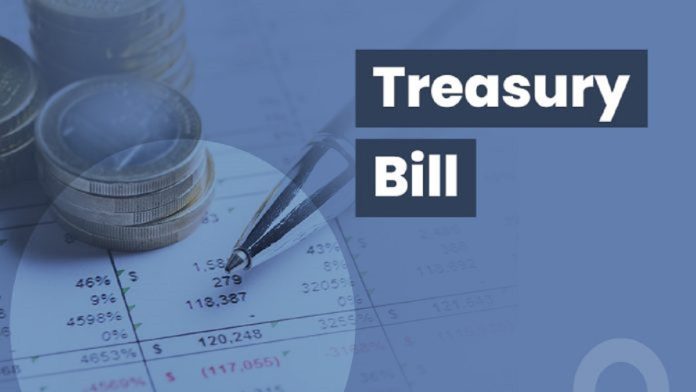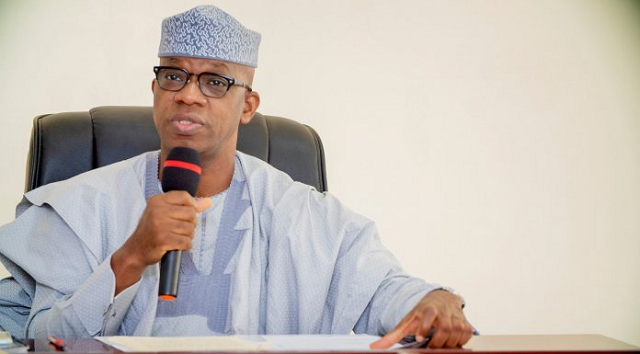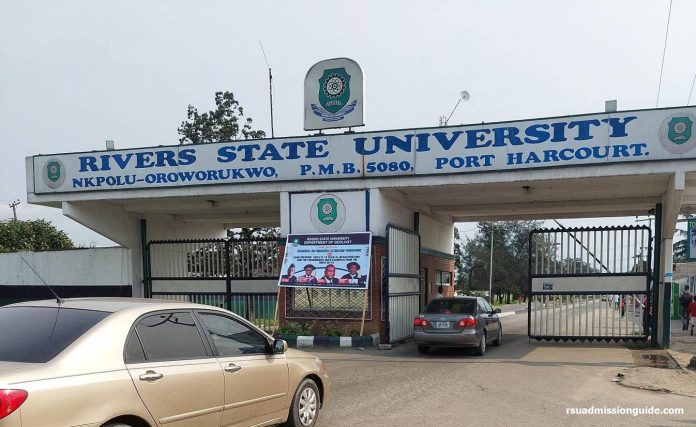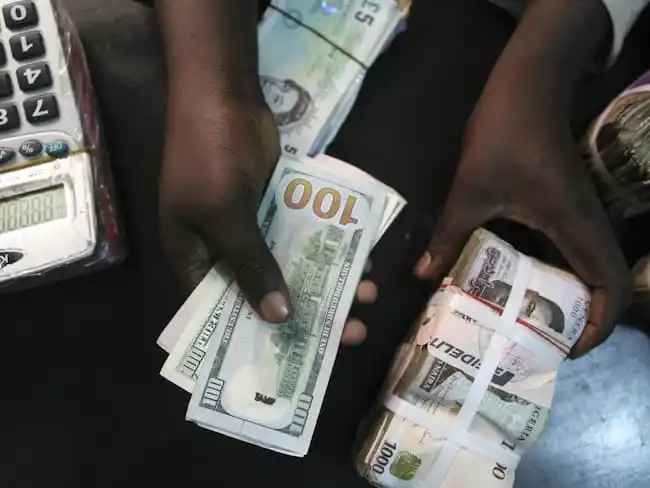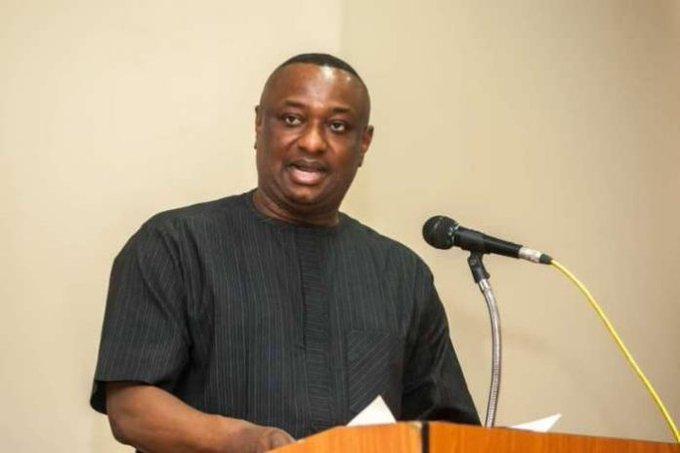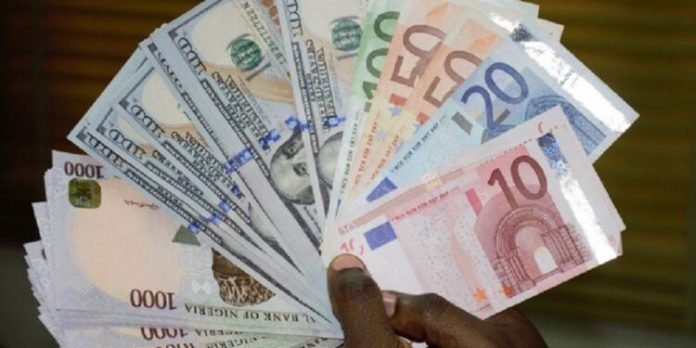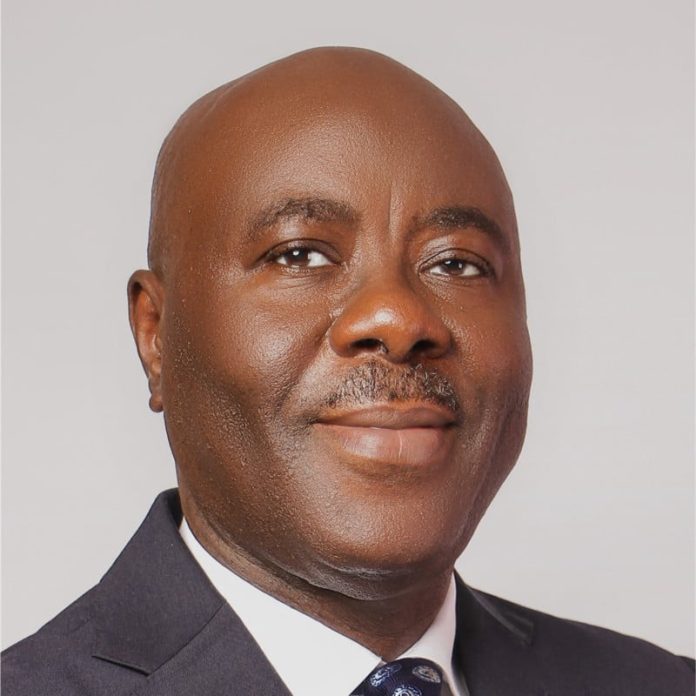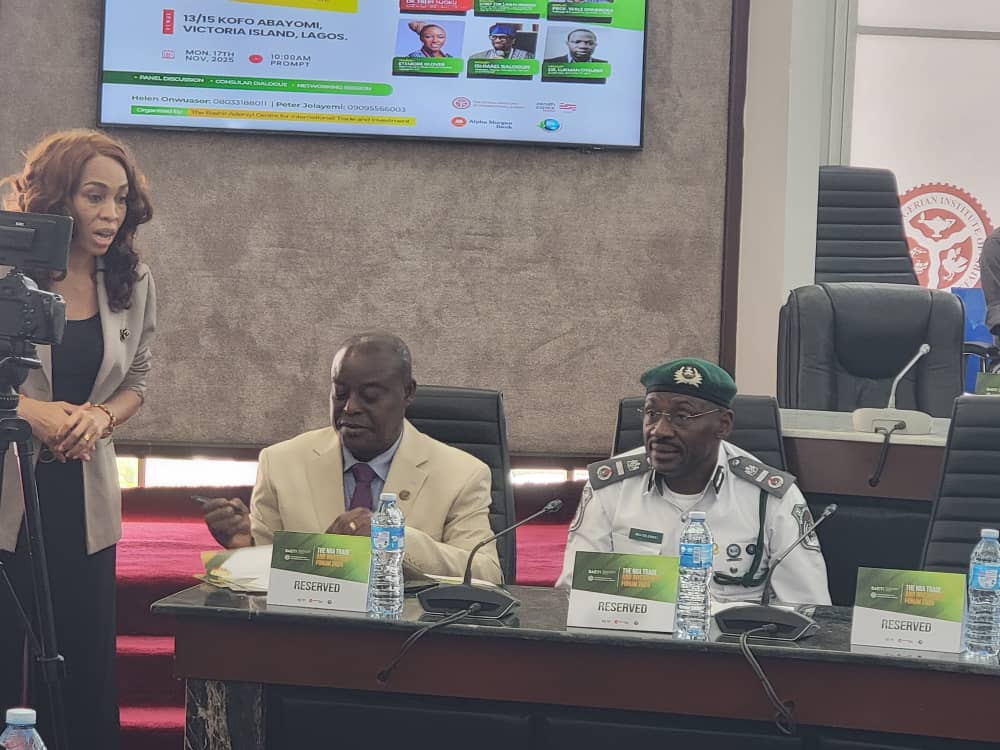The naira depreciated by ₦5.60 against the US dollar in the official foreign exchange market on Monday, closing at ₦1,448.0304 amid renewed demand pressures.
A daily trading update from the Central Bank indicated that the currency fluctuated between ₦1,450.25/$ and ₦1,440.00/$ during the session, reflecting tighter supply conditions.
According to a report by AIICO Capital, the latest decline was driven by heightened demand from market participants looking to secure dollar positions.
Traders expect the Central Bank of Nigeria to step up interventions in the coming days in order to ease the pressure. The apex bank injected $50 million into the market last week, but the support did little to shift exchange rate dynamics.
Meanwhile, Nigeria’s gross external reserves climbed by $105.1 million to $43.64 billion as of November 14, 2025, despite growing volatility in global commodity markets.
Oil prices slipped on Monday after cargo loadings resumed at Russia’s Novorossiysk terminal following a two-day shutdown caused by a Ukrainian strike. Brent crude declined by $0.30 to $64.07 per barrel, while US WTI dropped by $0.18 to $59.77.
Gold also edged lower as the stronger dollar and fading expectations of a near-term US rate cut weighed on sentiment. Spot gold fell to $4,063/oz, while US futures slid to $4,020.04/oz.
Analysts expect gold to remain range-bound until fresh US economic indicators are released, while the return of Russian oil exports may keep crude prices under pressure in the near term.











